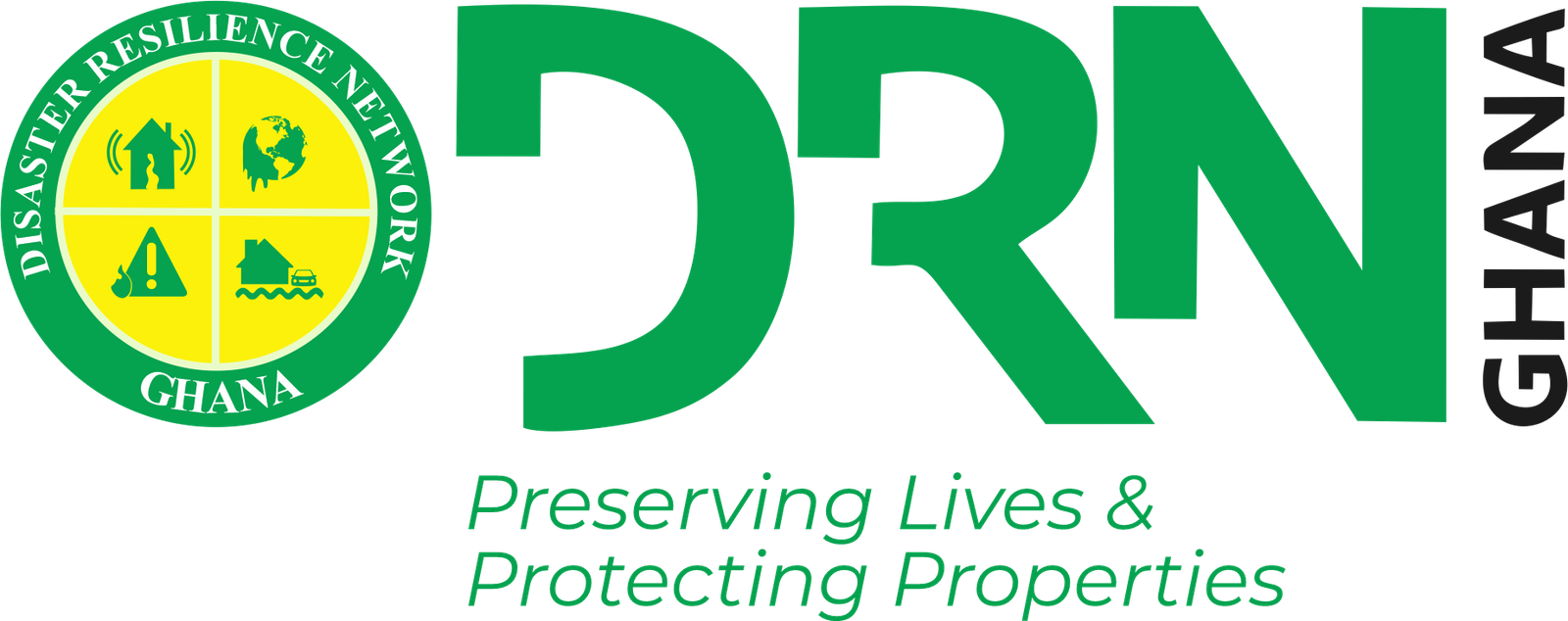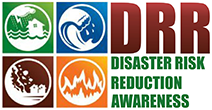DRNGhana called on Ghana’s higher learning institution; the University of Ghana, Center for Climate Change and Sustainability Studies (C3SS); To serve a National resilience Blueprint in response to climate change and natural hazards occurring in Districts in a comprehensive, fact-based, and capacity-building manner. This Disaster Risk Reduction (DRR) Blueprint will mitigate disasters and develop solutions for climate change adaptation in achieving community resilience and economic sustainable impact overall in Ghana.

- February 28, 2023
- Admin
- Uncategorized
- No Comments
Opening
What client say
Discussions and engagement are far advanced, it’s framework has been developed for a measurable research application module through converging knowledge systems, field-deployment data gathering, guaranteeing as extensive measurable data-base to analyze results across the country. Quantify value-for-money analysis towards informing prioritized application of derived disaster climate resilience funds, directly and indirectly.
DRNGhana is proud to pioneer recently some of the significant paradigm shifts concepts, and practices paving the way to reducing severe impacts of natural disasters in highly exposed districts in the country. DRNGhana expressed their sincere appreciation to University of Ghana’s Climate Change and Sustainability Studies Center for welcoming this effort to making communities in Ghana better prepared, safer, and more resilient in the face of climate change emergencies and disaster risk.
The Centre (C3SS), under the College of Basic and Applied Science has gradually become a key research and learning hub in Ghana and across the African sub-region. C3SS boosts of a multidisciplinary faculty dedicated to teaching and research, who are committed to training and capacity-building in climate change and sustainable development. Existing evidence, general speculations and scientifically proven indications are that climate-induced hazards will increase in many parts of Ghana due to climate change and large-scale variability of extreme weather events.
DRNGhana visit to the Center (C3SS) at this time was an opportunity to recognize the importance of existing higher learning institution like University of Ghana to establish the need for capacity building and national transformation advancements.
We concluded on the strategic plan, modus operandi channels that permit the creation of a specific task force for this project to interchange Information’s, well as scientific, technical, financial, and institutional personnel’s, expertise, and other support related to planning and execution of this research project in Ghana.
Entities Involved with this Initiative:
DRNGhana | Center for Climate Change and Sustainability Studies – C3SS, University of Ghana.
Supporting SDGs Goal 1, 11,13, 17, The UNDRR SENDAI Framework, The UNFCCC.

